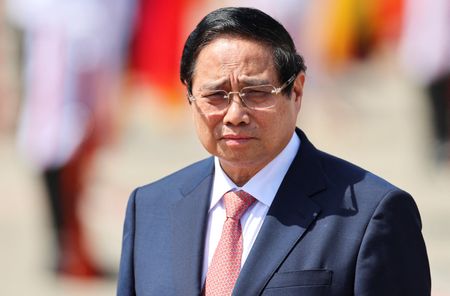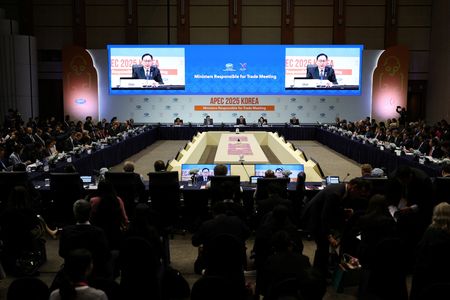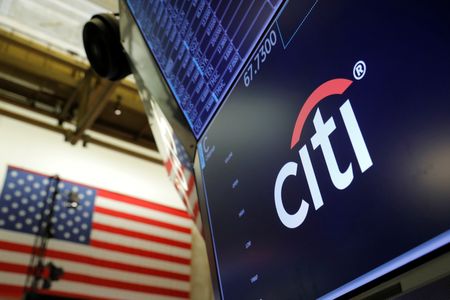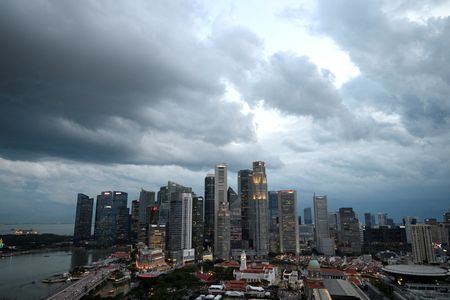SHANGHAI (Reuters) – Global investment banks are raising their forecasts for China’s economic growth this year, after Beijing and Washington agreed to a 90-day pause on tariffs, despite uncertainty around Sino-U.S. trade negotiations.
The deal reached between the U.S. and China after bilateral talks in Geneva last weekend surpassed market expectations, as both sides agreed to significantly roll back most of the tariffs imposed on each other’s goods since early April.
The latest upgrade represents the third major revision by some banks in the past few months, largely due to rapidly evolving U.S. trade policy under President Donald Trump and its impact on the world’s second-largest economy.
In mid-April, seven investment banks had downgraded their gross domestic product (GDP) forecasts for China to an average of about 4% this year, compared to their previous predictions of 4.5%. China’s official target for full-year GDP is around 5.0%.
Here is a summary of some forecasts for China’s GDP.
NEW (PREVIOUS)
INVESTMENT 2025 2026
HOUSE
CITI 4.7% (4.2%)
UBS 4% (3.4%)
GOLDMAN SACHS 4.6% (4.0%) 3.8% (3.5%)
J.P. MORGAN 4.8% (4.1%)
KEY QUOTES:
** CITI
“With trade tensions defused and domestic economy holding up well so far, we believe potential stimulus could be put on hold now.
“We no longer expect any revision to the fiscal budget or government bond quota approved by the National People’s Congress (NPC) for this year. If more support is warranted later, it is likely to come from policy banks or other quasi-fiscal tools, considering the PSL (pledged supplementary lending) rate was just cut.”
** UBS
“Lingering uncertainties may continue to weigh on corporate confidence, delay domestic capex plans, and lead to further supply chain shift outside of China.
“Front-loading of export shipments to the U.S. may continue in the 90-day pause period, which may push up China’s export growth in the near term but lead to a negative payback later this year.”
** GOLDMAN SACHS
“With the resumption of U.S.-China trade talks, the left-tail risk of miscalculation between the U.S. and China could be more contained vs. before, in our view.
“However, given still-elevated uncertainties around U.S.-China relations, the private sector sentiment may remain fragile, and macro data could be volatile in coming months.”
(Reporting by Shanghai Newsroom; Editing by Jacqueline Wong)










